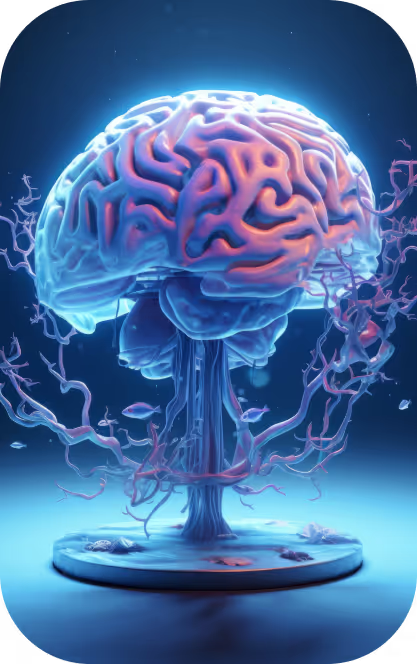Artificial Intelligence in Education: Between the Automation of Knowledge and the Development of Noospheric Consciousness


With the rapid advancement of artificial intelligence, education is undergoing a profound transformation. Tools like ChatGPT, Copilot, Claude, personalized learning platforms, AI tutors, and assessment agents are becoming increasingly embedded in educational processes—from school essays to university lectures. However, this deployment of technology is largely framed by a logic of automation: to accelerate, simplify, and optimize. Yet, through the lens of noospheric thinking, another question arises: not only what can be automated, but why we educate at all.
Traditional models of education presuppose the transmission of knowledge considered objectively true, with the student as a passive recipient. AI, however, reveals that knowledge can be not only absorbed but also generated, recombined, and transformed into new forms. This creates a new pedagogical situation in which the student and AI engage in a dialogue—not only with facts, but with possible meanings. Within the noospheric approach, such interaction becomes essential: education shifts from being the accumulation of information to becoming the formation of consciousness—one capable of ethical, critical, and global thinking.
AI can support this potential, provided it acts not as a replacement for the teacher, but as a cognitive partner that:
· expands understanding of the subject’s complexity;
· provokes reflection through non-standard questions;
· offers multi-voiced perspectives (across schools of thought, disciplines, cultures);
· adapts to each learner’s pace and style.
This type of artificial intelligence does not impose knowledge—it creates space for it to emerge. In this context, the student is not a “platform user,” but a co-creator of the noosphere.
At the same time, it is vital to avoid reducing learning to mere “answer generation.” If the educational process becomes fully tailored to algorithmized formats (tests, metrics, short responses), AI will only accelerate superficial learning. Noospheric education requires slowing down—making time for interpretation, critique, doubt, and meaning-making. It is in this space that consciousness arises, not merely competence.
Education in the age of AI also demands a new role for the educator. No longer just a source of information, the teacher becomes a facilitator of thought, a mentor in ethics, and a mediating bridge between the student and the artificial environment. In this sense, the noospheric vision rejects the competition of “human vs. AI,” and instead proposes cooperation: humans shape a culture in which artificial intelligence serves to expand—rather than reduce—human potential.
Ultimately, AI in education is not merely a technological innovation, but a mirror of our educational aims. It reveals whether we see knowledge as a set of facts—or as a process of internal transformation. In the noospheric perspective, education is not a mechanism for workforce preparation, but part of the evolution of human consciousness. And the way we integrate AI into that evolution will determine not only the future of learning, but the future of thinking itself.










